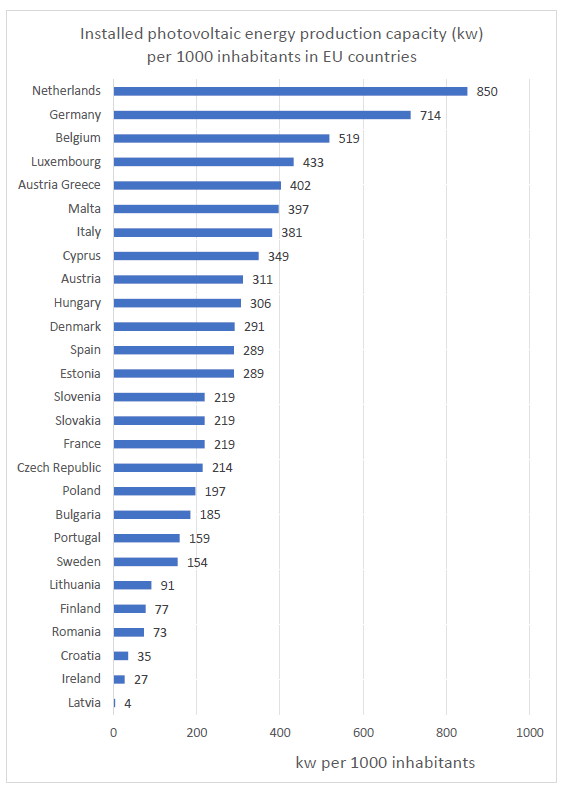Found 20 results
Review
02 April 2025Wide-Bandgap Semiconductors: A Critical Analysis of GaN, SiC, AlGaN, Diamond, and Ga2O3 Synthesis Methods, Challenges, and Prospective Technological Innovations
The increasing demand for high-performance Wide-Bandgap (WBG) semiconductors, including GaN, SiC, and emerging Ultrawide-Bandgap (UWBG) materials such as Ga2O3 and diamond, has driven significant advancements in epitaxial growth techniques. However, achieving scalability, defect-free growth, and sustainability remains a major challenge. This review systematically evaluates Molecular Beam Epitaxy (MBE), Metal-Organic Chemical Vapor Deposition (MOCVD), Hydride Vapor Phase Epitaxy (HVPE), and other novel growth and hybrid growth techniques, emphasizing energy efficiency, defect control, and environmental impact. Industry 4.0-driven AI-based process optimization and closed-loop recycling have emerged as transformative strategies, reducing waste and improving manufacturing efficiency. Key findings reveal that HVPE enables rapid defect-free GaN fabrication, Hot-Filament CVD enhances SiC growth with superior thermal properties, and Atomic Layer Epitaxy (ALE) achieves sub-nanometer precision crucial for next-generation quantum and RF applications. Despite these advancements, p-type doping in UWBG materials, substrate compatibility, and thermal management remain unresolved challenges. Future research must focus on scalable eco-friendly epitaxy, novel doping mechanisms, and policy-driven sustainability efforts. This review provides a comprehensive roadmap for sustainable WBG semiconductor manufacturing, bridging materials innovation, energy efficiency, and industrial adoption to support the next generation of power electronics and optoelectronics.
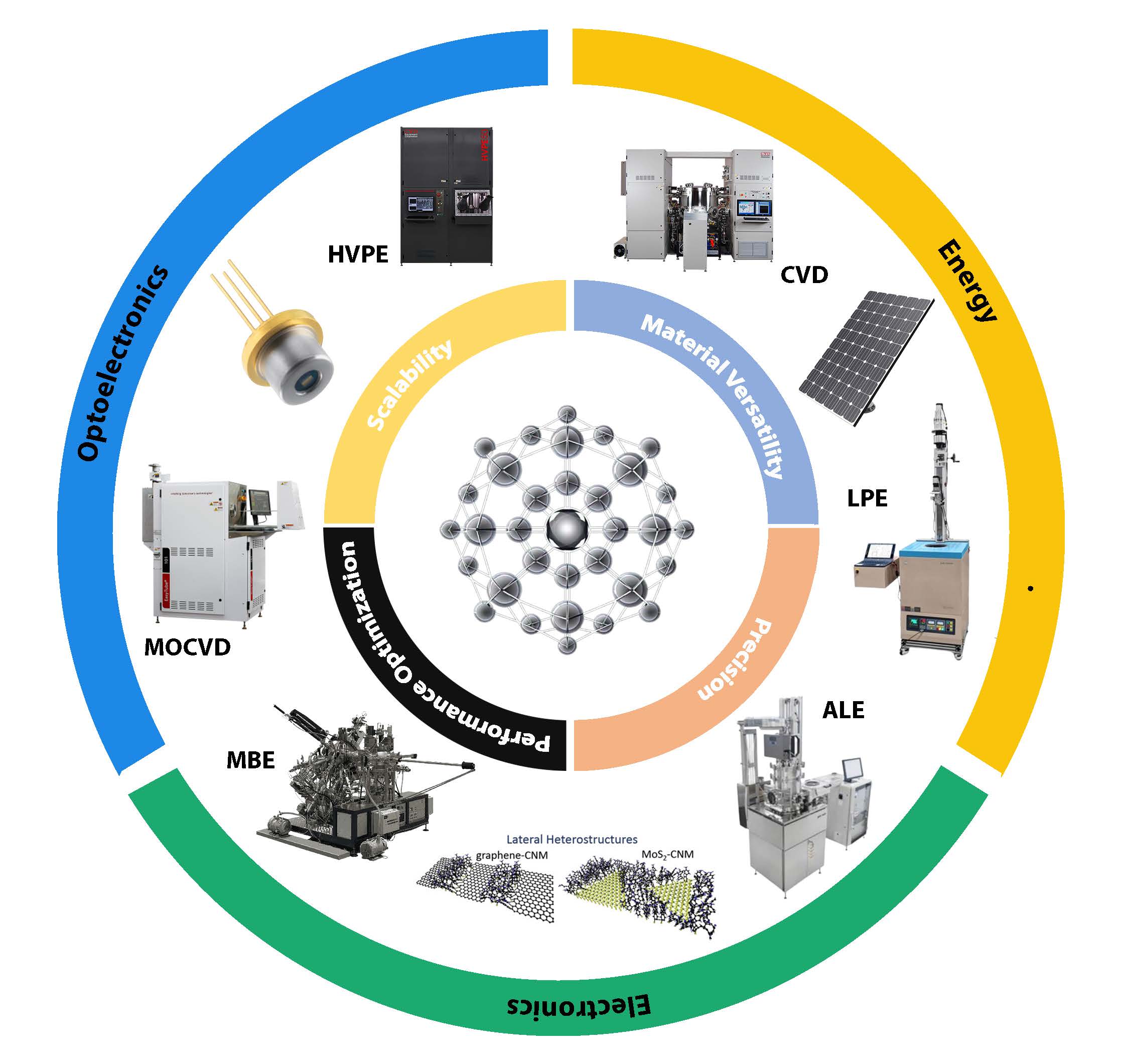
Review
01 April 2025Sustainable Manufacturing and Applications of Wide-Bandgap Semiconductors—A Review
Wide-bandgap (WBG) semiconductors such as silicon carbide (SiC) and gallium nitride (GaN) are revolutionizing high-power electronics due to their superior thermal conductivity, breakdown voltage, and energy efficiency. These materials are critical in electric vehicles, renewable energy systems, and high-frequency applications like 5G infrastructure. However, their production processes are resource-intensive and present significant environmental challenges. This review evaluates recent advancements in sustainable WBG semiconductor manufacturing, focusing on low-energy epitaxial growth, closed-loop recycling, and the mitigation of toxic by-products. Additionally, it highlights the role of Industry 4.0 innovations, such as AI-driven process optimization and IoT-based resource management, in enhancing sustainability. The review identifies research gaps in cost reduction, alternative WBG materials like Gallium Oxide (Ga2O3) and Diamond, and scalable green manufacturing solutions. It underscores the necessity for industry-wide collaboration and regulatory frameworks to drive the adoption of eco-friendly semiconductor fabrication. The findings of this study provide a roadmap for advancing sustainability in WBG semiconductor production, ensuring their long-term viability in the transition toward energy-efficient technologies.
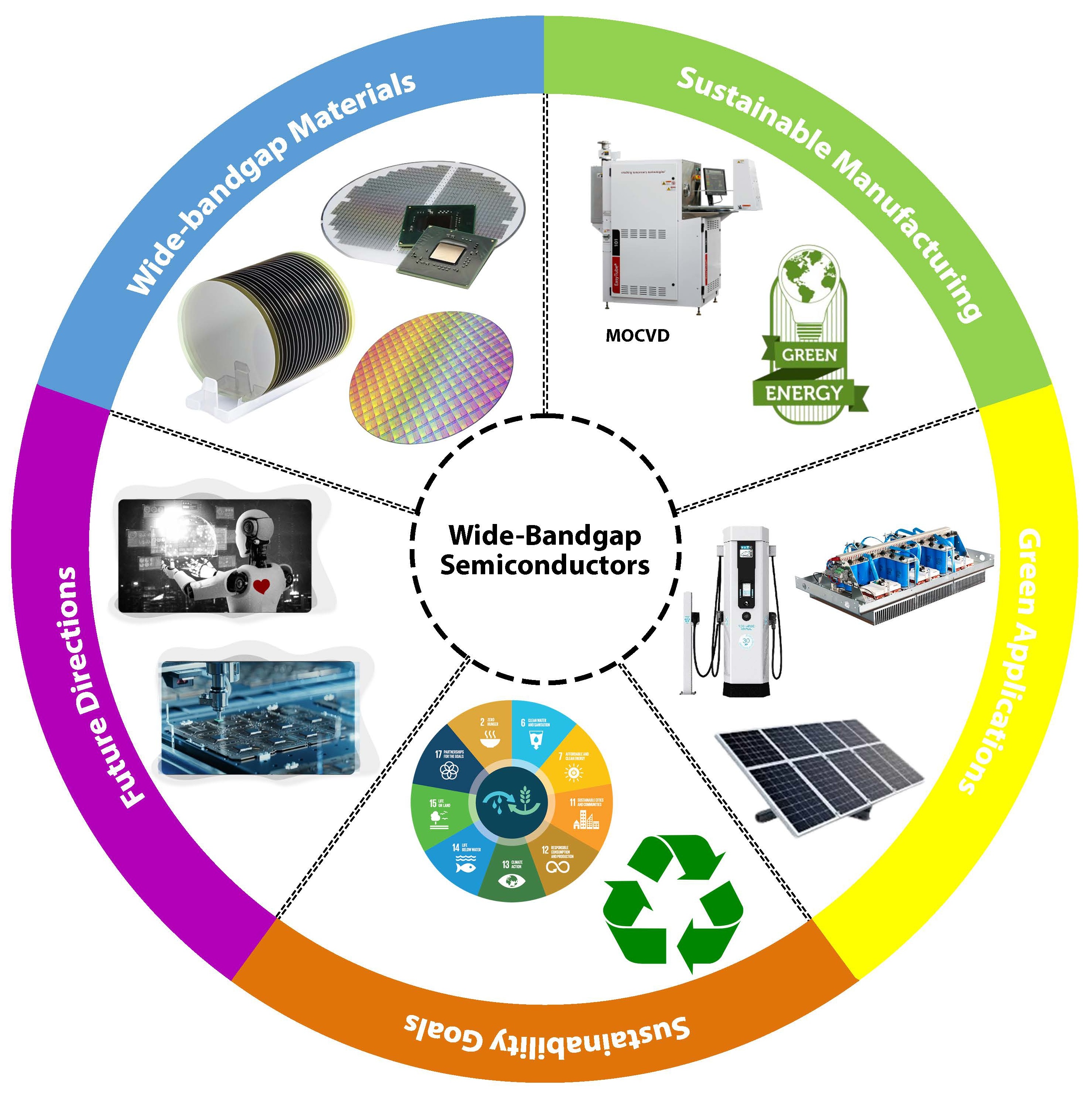
Article
17 March 2025A Strategy for Resisting the Vested Interests Driving the Collapse of the Biosphere and Civilisation
The biosphere and civilisation are facing existential and other major threats: climate change, biodiversity loss, nuclear war, social inequality/injustice, loss of human rights, and autocracy. These threats are driven by politically powerful vested interests supported by an economic system based on the exploitation of the environment and most people for the benefit of a wealthy minority. This article proposes a strategy to resist and weaken state capture, i.e., the influence of the vested interests driving the principal threats, while simultaneously facilitating the transition to a sustainable society. Despite the achievements of diverse community-based non-government organisations (CNGOs) campaigning on specific issues, scientists are now warning of the potential collapse of civilisation. As the threats are linked together in several ways, I propose a strategy to address them together to yield multiple benefits, supplementing campaigns on individual issues. A broad social movement—comprising an alliance between CNGOs devoted to the environment, social justice, human rights, and peace—could exert sufficient political power to expose and defeat the methods of state capture. Simultaneously, the movement could gain widespread community support by campaigning for a well-being economy, including universal basic services and a job guarantee, thus facilitating the transition to an ecologically sustainable, more socially just, and more peaceful civilisation.
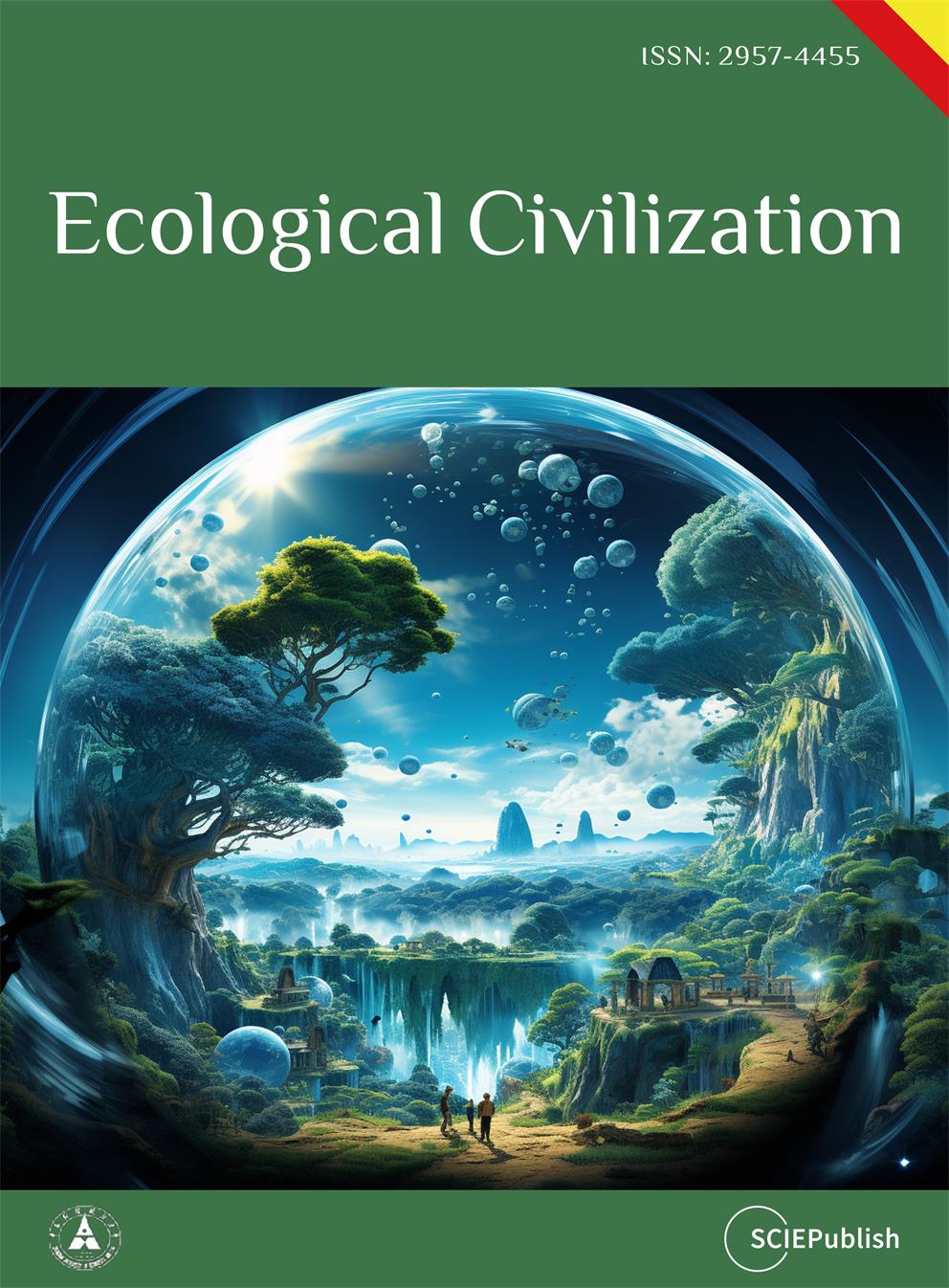
Article
10 March 2025Leveraging Drone Technology for Precision Agriculture: A Comprehensive Case Study in Sidi Bouzid, Tunisia
The integration of drone technology in precision agriculture offers promising solutions for enhancing crop monitoring, optimizing resource management, and improving sustainability. This study investigates the application of UAV-based remote sensing in Sidi Bouzid, Tunisia, focusing on olive tree cultivation in a semi-arid environment. REMO-M professional drones equipped with RGB and multispectral sensors were deployed to collect high-resolution imagery, enabling advanced geospatial analysis. A comprehensive methodology was implemented, including precise flight planning, image processing, GIS-based mapping, and NDVI assessments to evaluate vegetation health. The results demonstrate the significant contribution of UAV imagery in generating accurate land use classifications, detecting plant health variations, and optimizing water resource distribution. NDVI analysis revealed clear distinctions in vegetation vigor, highlighting areas affected by water stress and nutrient deficiencies. Compared to traditional monitoring methods, drone-based assessments provided high spatial resolution and real-time data, facilitating early detection of agronomic issues. These findings underscore the pivotal role of UAV technology in advancing precision agriculture, particularly in semi-arid regions where climate variability poses challenges to sustainable farming. The study provides a replicable framework for integrating drone-based monitoring into agricultural decision-making, offering strategies to improve productivity, water efficiency, and environmental resilience. The research contributes to the growing body of knowledge on agricultural technology adoption in Tunisia and similar contexts, supporting data-driven approaches to climate-smart agriculture.
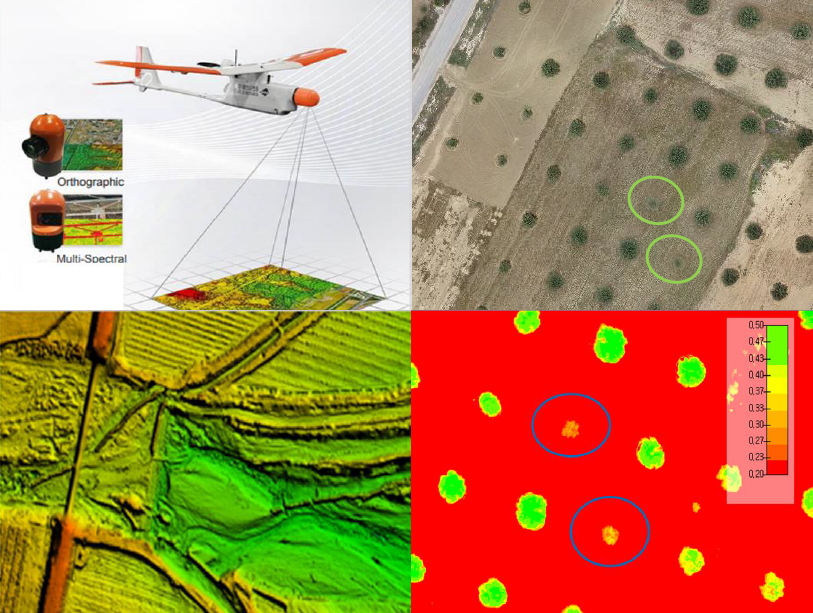
Article
09 January 2025Sustainability Practices and Financial Performance: Evidence from BIST Electricity Index
Amidst the backdrop of heightened market risks associated with transitioning to a lower-carbon economy, this study pioneers an examination of the correlation between sustainability and financial performance within Turkish energy market generator and retailer companies. In this study, the sustainability performance, exposure to market risks and effects on the financial performance of sub-sectors of companies listed in the BIST Electricity index were analyzed using panel data regression. The findings reveal a nuanced relationship between sustainability factors and financial performance, underscoring the imperative for electricity sector companies to prioritize sustainability initiatives not only for ethical reasons but also as a strategic imperative for long-term financial success and stakeholder value creation. Finally, the possibility of impending regulatory changes underscores the importance of early adoption of sustainability practices to mitigate potential financial liabilities and navigate future market risks effectively.
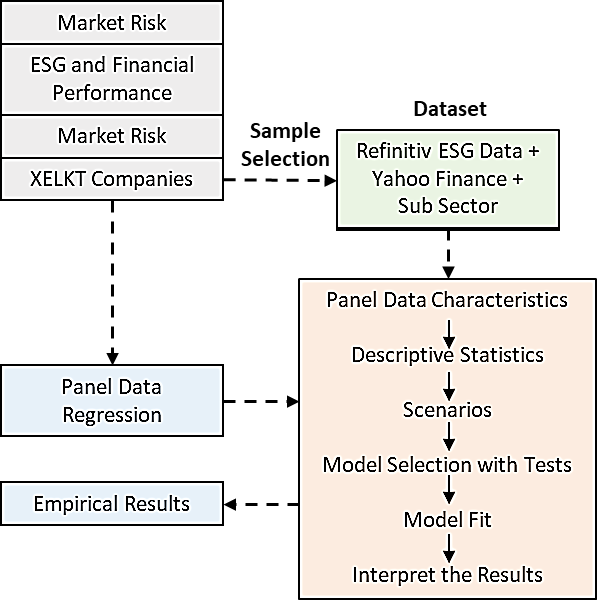
Article
16 December 2024Exploring the Values of Sustainability and the Cost of Going Green: A Case of Building Research Establishment Environmental Assessment Method (BREEAM)
Despite the expansion of BREEAM and the benefits of adopting sustainable building practices, there are concerns that the cost of going green may outweigh the benefits. Whilst previous studies have not provided adequate clarity in this regard, there is consensus among scholars that BREEAM provides indirect benefits that can be considered as added value. This paper aims to investigate the potential cost implication and benefits of sustainable building practices from the lens of the Building Research Establishment Environmental Assessment Method (BREEAM) in the UK. Adopting survey research strategy, questionnaires, and interviews with 34 construction industry professionals in Southeast England were conducted to investigate their perceptions of BREEAM, the extra value it contributes to projects, and the possible limitations hindering its wider adoption. Findings show that while there is an upfront investment associated with achieving BREEAM certification, the benefits of such certification include added values such as improved environmental performance, increased market appeal, improved indoor air quality, reduced carbon emissions, and lower operational costs. This study validates the need to encourage wider adoption of sustainable building practices and promote the use of the BREEAM methodology in the UK. This research provides a foundation for future research and development in this area, with the goal of reducing carbon emissions and promoting sustainable development.
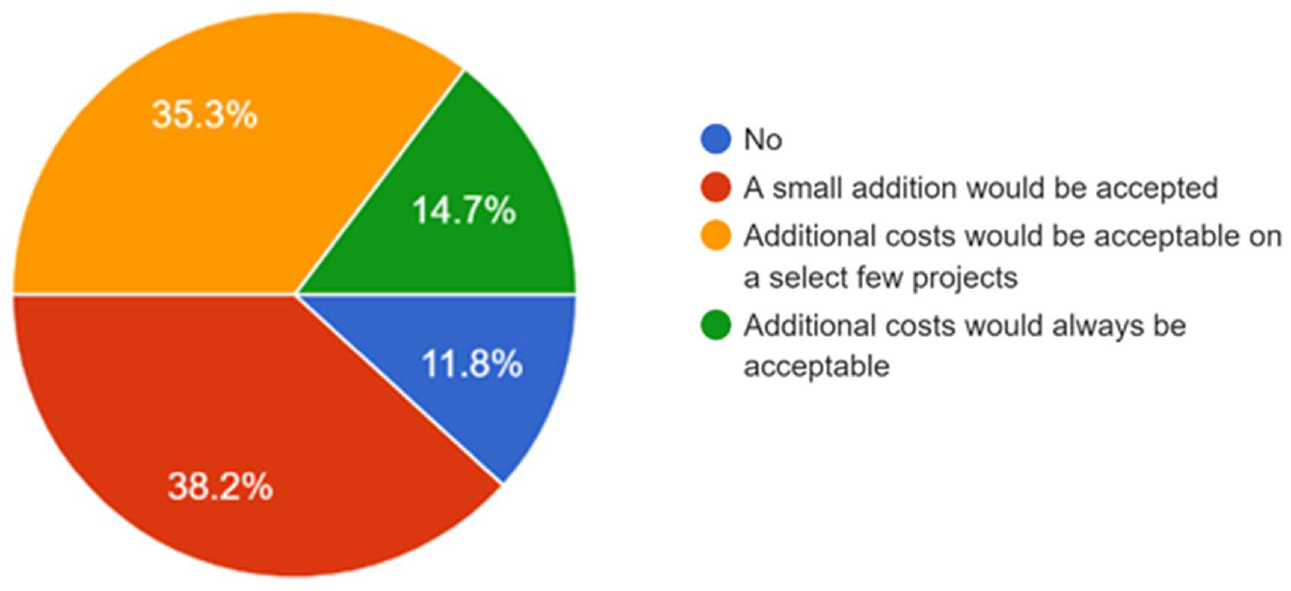
Article
10 December 2024Sailing the X.0 Wave Theory: Navigating the Future of Civilization
This paper delves into the X.0 Wave/Tomorrow Age Theory, a comprehensive framework conceived, invented, introduced, and developed by Prof. Dr. Hamid Mattiello between 2010 and 2017, to analyze the evolution of human civilization through distinct epochs of knowledge, technology, and business (KTB). The theory segments history into transformative waves, from the first development (X.0 ≤ 1.0) and Agricultural Age (X.0 = 1.0) and the X.0 Wave/Tomorrow Age Theory (2.1 ≤ X.0 ≤ 2.2) spanning the 17th Century to 1870, to the current Age of Artificial Intelligence (X.0 = 4.0). It also projects into the anticipated Human Age (X.0 = 5.0) and Transhuman Age (X.0 = 6.0) and beyond (6.0 ≤ X.0). Each wave represents a revolutionary phase characterized by significant advancements that shape societies, industries, and technologies. The X.0 Wave Theory integrates these historical phases with the Seven Pillars of Sustainability (7PS) to evaluate their societal impacts. The paper explores how these waves influence future developments by examining historical roots, emerging technological paradigms, and socio-economic dynamics. It examines how advancements in AI, biotechnology, and virtual reality are reshaping industries and global business practices, while also addressing the ethical and sustainability considerations essential for navigating these changes. By forecasting future trends, confronting current challenges, and preparing for potential crises, the X.0 Wave Theory offers a robust framework for understanding and adapting to the rapid pace of technological evolution. This paper provides deep insights into how these transformative waves shape our past, present, and future, offering valuable perspectives for navigating the complexities of an increasingly digital and interconnected world.

Article
11 November 2024Rural Local Government Institutional Sustainability Programs and Plans in Cascadia: A Comparative Analysis
This research provides a comparative analysis of institutional sustainability programs in small and rural communities across British Columbia, Oregon, and Washington. The study reveals significant regional differences in the adoption of sustainability initiatives, with Oregon consistently leading in the implementation of various programs such as grant writing, conflict resolution, and e-government. The analysis identifies key factors influencing program adoption, including population growth, economic stability, and remoteness. Communities experiencing significant population growth and financial stability are more likely to adopt multiple sustainability programs, while remoteness and economic challenges, such as inflation, act as barriers. The study underscores the importance of regional context and local conditions in shaping the sustainability efforts of rural communities.
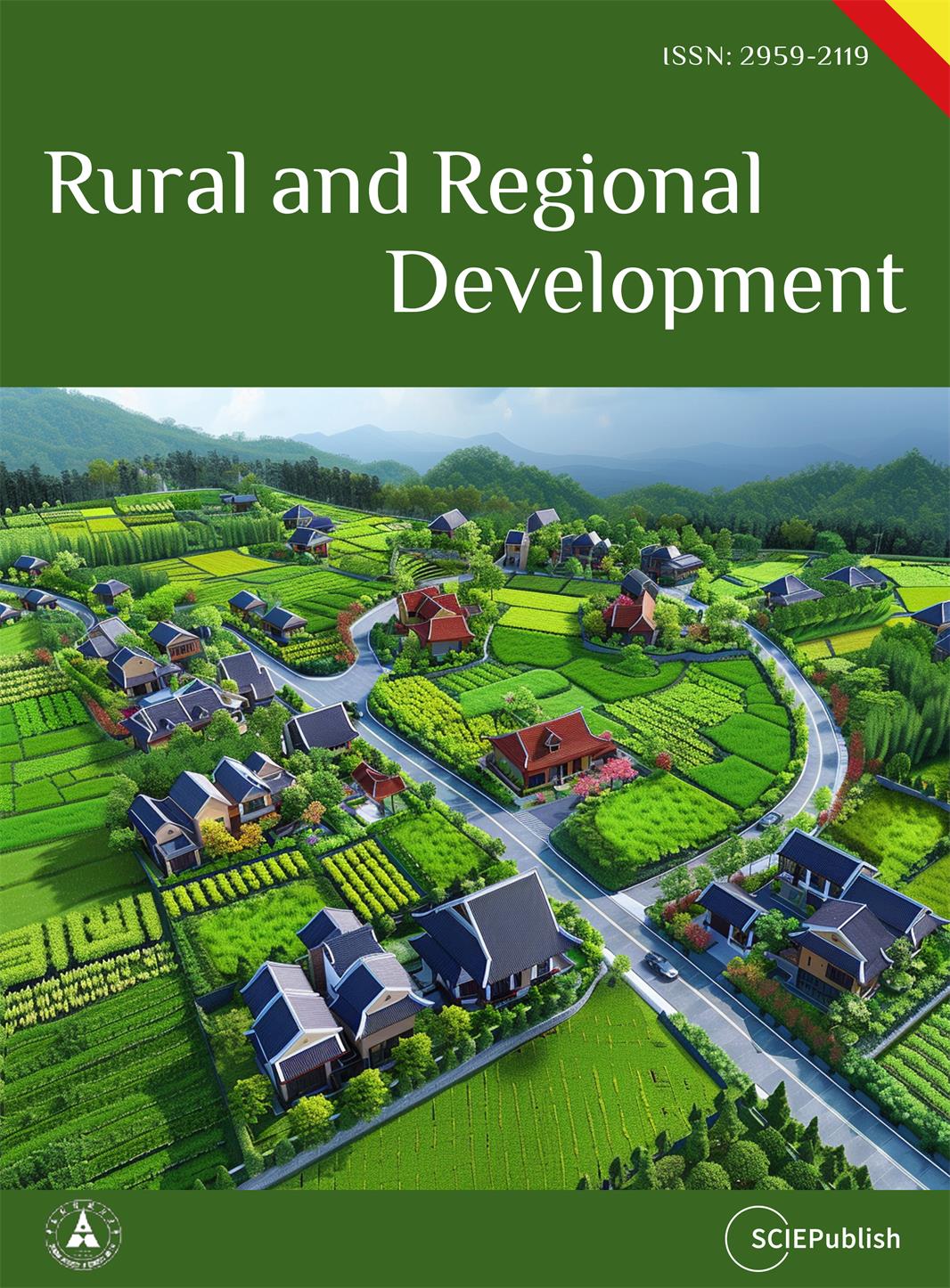
Article
15 October 2024Binder Jetting 3D Printing Utilizing Waste Algae Powder: A Feasibility Study
This paper reports, for the first time in the literature, a preliminary study to investigate the feasibility of utilizing waste algae powder (byproducts of biofuel manufacturing from algae) in binder jetting 3D printing to produce environmentally friendly products. In this study, the algae powder’s morphology and particle size distribution were characterized using scanning electron microscopy and particle size analyzer, respectively, and the flowability was assessed through apparent density and repose angle. The algae powder successfully printed the cylindrical, cubic, and gyroid parts on a binder jetting 3D printer. Results show that it is feasible to print parts with binder jetting 3D printing utilizing waste algae powder. The use of waste algae powder in additive manufacturing offers a novel approach to upcycling waste algae powder into valuable products for various applications such as packaging and construction.

Perspective
09 September 2024Social, Ecological and Economic Synergies of Forests for Sustainability Contradict Projects Involving Large-Scale Deforestation for Energy Production
Good projects and solutions aiming at sustainable development must repair the damage done in past decades by being explicitly designed and monitored to achieve synergetic benefits for the environment and society. We identify environmental, social and economic aspects of sustainability in which enlightened forest management can increase the fulfillment of human and ecological needs and hence the quality of life of present and future generations. Projects aiming at energy production and profits at the cost of biodiversity, nature protection, and human health and well-being are therefore questionable and increasingly socially and politically unacceptable—especially where the viability of alternative options with better social and ecological footprints can be easily demonstrated. This is also true for renewable energy projects. The perspective presented here demonstrates how ostensibly renewable energy projects in natural areas, such as large-scale wind and solar power plants in traditional forests, which are planned, for example, in Germany, may be detrimental to ecological and social sustainability. Forests cut down for such projects are “non-renewable” within reasonable time-scales left to stabilize our climate and ecosystems. Such projects also impair the credibility of the proclaimed role model character and sustainability leadership of Global North countries, which can lead to negative implications for the protection of forests in tropical countries.
